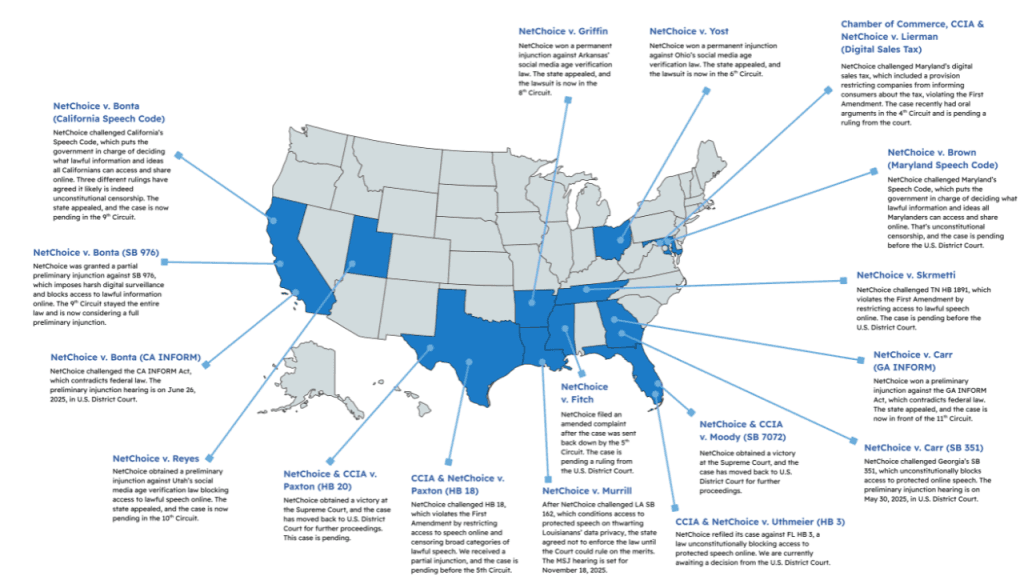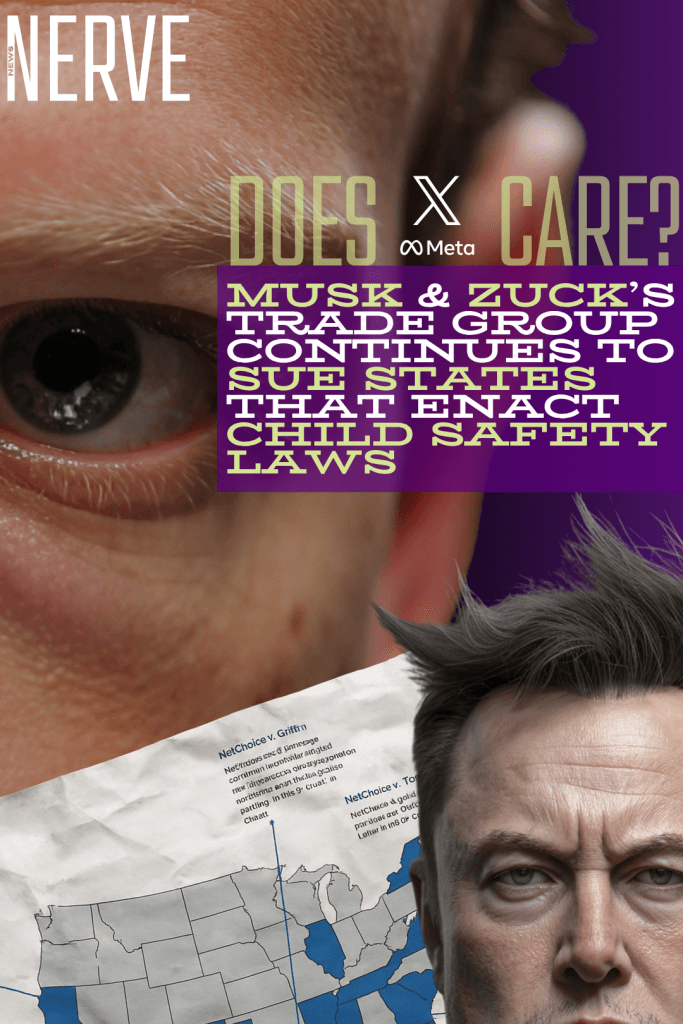A trade group representing Meta, X, Snapchat, and a host of other major internet platforms has been arduously waging successful lawfare against both conservative and liberal efforts to protect children online. Florida, Texas, California, Georgia, Arkansas, Ohio, Utah, Tennessee, Mississippi, Maryland and Louisiana have all enacted legislation intended to empower parents and have all been targeted by NetChoice.

Yet as these lawsuits make their way through the courts, questions arise about the entities that comprise NetChoice and their public comments that may fly in the face of the litigation. For instance, Mark Zuckerberg’s Instagram has been an outspoken supporter of similar federal legislation.
NetChoice’s argument is as follows:
According to the trade group, these state laws are overly broad and poorly defined. They argue that internet regulation falls under the purview and jurisdiction of the federal government and that these sorts of state actions will have a chilling effect on speech. If, for instance, an adult chooses to abstain from social media use he would otherwise engage in because he must now provide the platform or a third party with his biometric data.
NetChoice believes that sufficient parental controls already exist on platforms and that state mandates would therefore be redundant and that patchwork state legislation would create insurmountable compliance burdens. Furthermore, they posit that if any industry leader were to emerge, it would likely do so in the form of a de facto national identification system, privately operated.
“Georgia’s SB 351 unconstitutionally blocks access to protected online speech and forces Georgians to surrender their private information just to use everyday digital services,” Paul Taske, NetChoice associate director of litigation said in a statement about one of their most recent cases.
NetChoice has been engaged in a multi-state and multi-year campaign against parental consent laws that govern whether or not teens are able to access various parts of the internet. Their latest challenge to a law in Georgia will mark their eighth case of this kind, and the trade group has already seen success in states like Arkansas, Utah, and Ohio.
Supporters argue that the states have a duty to enable parents to prevent the exploitation of their children and the development of social media addiction among adolescents and that rather than targeting speech these laws target business practices. Age verification is already a common practice in establishments that serve alcohol or enable gambling—and these platforms are already tracking users’ location, keystrokes, and attention. It may be difficult to sell to the public on the premise that they are looking out for them and think age verification is too invasive.
And Instagram invested heavily into an ad campaign this year that purported to express the social media giant’s earnest dedication to protecting children on the internet and empowering parents with the tools to do so.
“Any download can be an opportunity for teens to connect, learn, and create,” the ad begins. “But without a national standard, teens can download any app,” the narrator cautions as children on screen are shown downloading the assumedly violent “Road Rager” application.
“That’s why Instagram supports legislation requiring app store parental consent and age verification for teens under 16,” the ad concludes.
It’s unclear why the social media giant won’t accept efforts at the state level and Nerve’s efforts to contact their press team have gone unanswered. Two additional lawsuits—one in Georiga and another in Maryland—were initated by the trade group this year.
Similarly, Musk has acknowledged the deep harm social media use—particularly the attention-keeping and dopamine-rewarding aspects—can render in a child’s development.
A lot of social media is bad for kids, as there is extreme competition between social media AIs to maximize dopamine! https://t.co/bzB8m5qL9z
— Elon Musk (@elonmusk) May 23, 2024
However, Musk’s outfit, X, remains a dues-paying member of NetChoice. Like Meta, X had yet to return comment at the time of this report.




